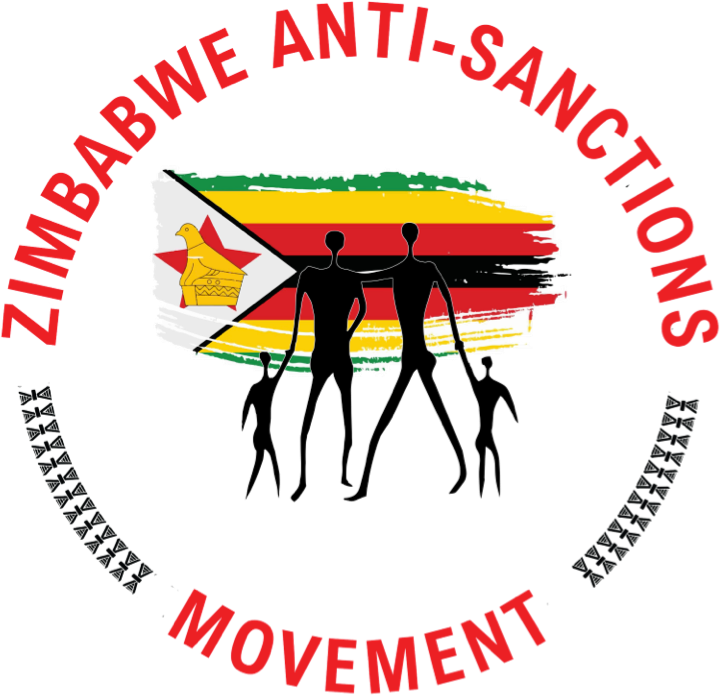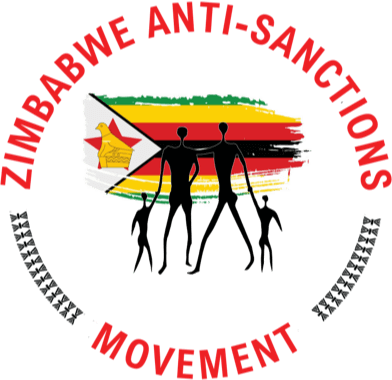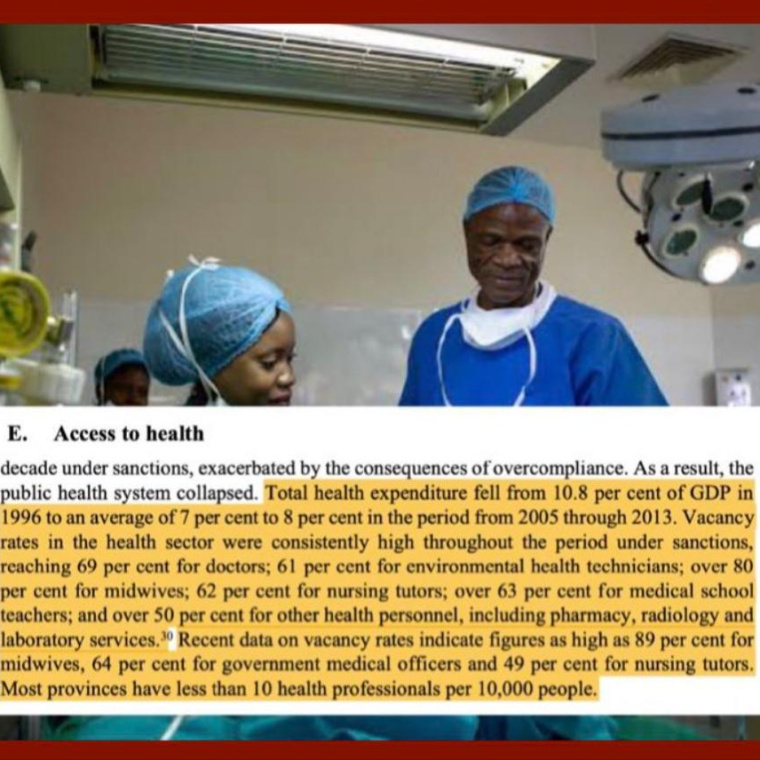 According to our research, Hakluyt & Company is a strategic business advisory firm formed by the British Intelligence Secret Service MI6.
According to our research, Hakluyt & Company is a strategic business advisory firm formed by the British Intelligence Secret Service MI6.
The company’s advisory board is chaired by Niall FitzGerald, and former Finance Minister of South Africa, Trevor Manuel, sits on the board.
Among the people who formed Hakluyt was Christopher James, who was the head of the MI6 division that liaises with British firms and multinationals across the world, to gather information and secrets about the countries in which they operate.
So, in other words, British multinationals and their managers are part of the spy network of British intelligence in the countries in which they operate.
This is where it gets interesting. Between 1996 and 2004, Niall FitzGerald, the current Chairman of MI6-founded business advisory Hakluyt advisory board, was Chairman of Unilever.
During that period, Trevor Manuel was Minister of Finance of South Africa, and FitzGerald and Innscor met in South Africa where they signed a contract for Innscor to be the sole distributor for British firm, Unilever’s, products.
A clear relationship between MI6 and British companies like Unilever, through people like FitzGerald, who is the Chairman of the MI6 founded advisory, and Christopher James, the former head of the MI6 division that collects information from British multinationals like Unilever, about countries in which they operate, is clearly emerging.
Now, considering that soon after sanctions were imposed on Zimbabwe, Unilever closed its doors and left Zimbabwe. As a result, the British MI6 no longer had eyes and ears to gather intelligence in Zimbabwe through Unilever.
From then its products were imported into Zimbabwe from South Africa by retailers without capacity to gather and disseminate intelligence for MI6. Then Innscor got the exclusive distribution rights to distribute Unilever products in Zimbabwe and other markets.
It is within this same period that Innscor got these exclusive distribution rights, that Innscor grew astronomically at a time most other Zim companies were struggling to get capital and foreign currency, thus they crumbled.
The government and its investment company IDC (Industrial Development Corporation) were also being strangled by illegal sanctions, to a point of selling their stakes [held by IDC] in strategic companies like National Foods, Blue Ribbon, Olivine and others, only for Innscor to buy them and turn into a monopoly.
How was Innscor surviving these sanctions that were destroying other companies? Where were they getting the capital and forex to grow into a monopoly in an economy strangled by sanctions? And what obligation do they as a non-British monopoly in Zimbabwe, with exclusive rights to sell Unilever products, have to gather intelligence for MI6 as Unilever did?
Then there are the various allegations that have been made associating Innscor to Zimbabwe’s black market forex trading alongside other British linked companies like Old Mutual and Econet/Cassava founder, Strive Masiyiwa, whose Liquid Telecom in South Africa sold over $180 million in shares to the British government’s DFI (Development Finance Institution).
And now if you bring all this together with Ambassador Mutsvangwa discouraged me from attacking Innscor because it is a key role player in gold mining in Zimbabwe, it would seem that this company controls vast swathes of the Zim economy, giving credence to the allegation that Zimbabwe is a British colony being run by British intelligence and companies they control.
The question now is has our government done any investigation on the potential direct and indirect control of our economy by companies controlled by foreign countries like the UK that have illegal sanctions on Zimbabwe and benefit from the destruction of our economy?
More critically, are members of our government who are alleged to be serving the interests of these companies, in effect working for foreign governments that are in economic war with Zim?
Written by Rutendo Matinyarare, Chairman of ZASM.




